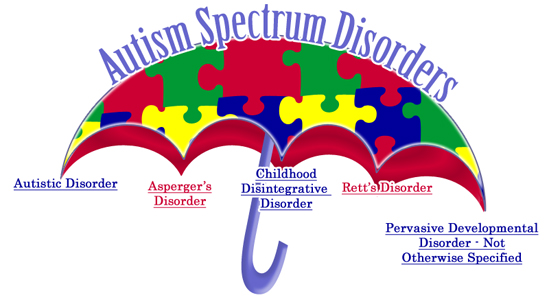What is a Hearing aid?
Now a days its an electronic device that is able to makes some sounds louder so that a person with hearing difficulty, can listen,communicate and Participate more fully in daily activities
For an example think of an assembly,microphone will pickup the sound and it send the amplifier to increase the sound of the original sound,we can hear the sound via a Loud speaker.Same circuit is used inside the hearing aid with lots of modification
Should we afraid/shy to use a Hearing aid?
Not at all
Why? Because
- It's Wearable like a spectacle
- Easy to use
- Improving the hearing & speech comprehension
What is the Main function of a Hearing Aid?
Hair cells are responsible for hearing,They are located deep inside the ear.If any damage Occurs to hair cells,it results in hearing loss.This is when hearing aid come to action. The role of hearing aids is to amplify sound vibrations entering the ear. Surviving hair cells
detect the larger vibrations and convert them into neural signals that are
passed along to the brain. The greater the damage to a person’s hair cells, the
more severe the hearing loss, and the greater the hearing aid amplification
needed to make up the difference.
**An Audiologist is a trained professional in fitting and dispensing a hearing aid.Kindly consult your nearest Audiologist for hearing related needs**
Hearing aids generally improve the quality of life and will help you
- Get a better relationship with your family
- Feel better about yourself
- Get better mental health
- Feel more independent and secure
- More able to participate in social gatherings
A hearing aid consist of
Microphone
Receiver
Amplifier
Battery
Volume control
Receiver
Amplifier
Battery
Volume control







